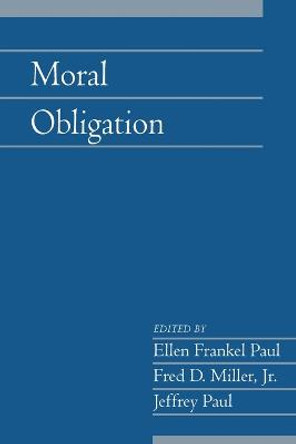What is a person? What makes me the same person today that I was yesterday or will be tomorrow? Philosophers have long pondered these questions. In Plato's Symposium, Socrates observed that all of us are constantly undergoing change: we experience physical changes to our bodies, as well as changes in our 'manners, customs, opinions, desires, pleasures, pains, [and] fears'. Aristotle theorized that there must be some underlying 'substratum' that remains the same even as we undergo these changes. John Locke rejected Aristotle's view and reformulated the problem of personal identity in his own way: is a person a physical organism that persists through time, or is a person identified by the persistence of psychological states, by memory? These essays - written by prominent philosophers and legal and economic theorists - offer valuable insights into the nature of personal identity and its implications for morality and public policy.
The essays in this volume, first published in 2005, offer valuable insights into personal identity and its implications for morality and public policy.About the AuthorEllen Frankel Paul is Deputy Director of the Social Philosophy and Policy Center and Professor of Political Science at Bowling Green State University. Fred D. Miller, Jr. is Executive Director of the Social Philosophy and Policy Center and Professor of Philosophy at Bowling Green State University. Jeffrey Paul is Associate Director of the Social Philosophy and Policy Center and Professor of Philosophy at Bowling Green State University.
Book InformationISBN 9780521617673
Author Ellen Frankel PaulFormat Paperback
Page Count 404
Imprint Cambridge University PressPublisher Cambridge University Press
Weight(grams) 561g
Dimensions(mm) 229mm * 153mm * 23mm










